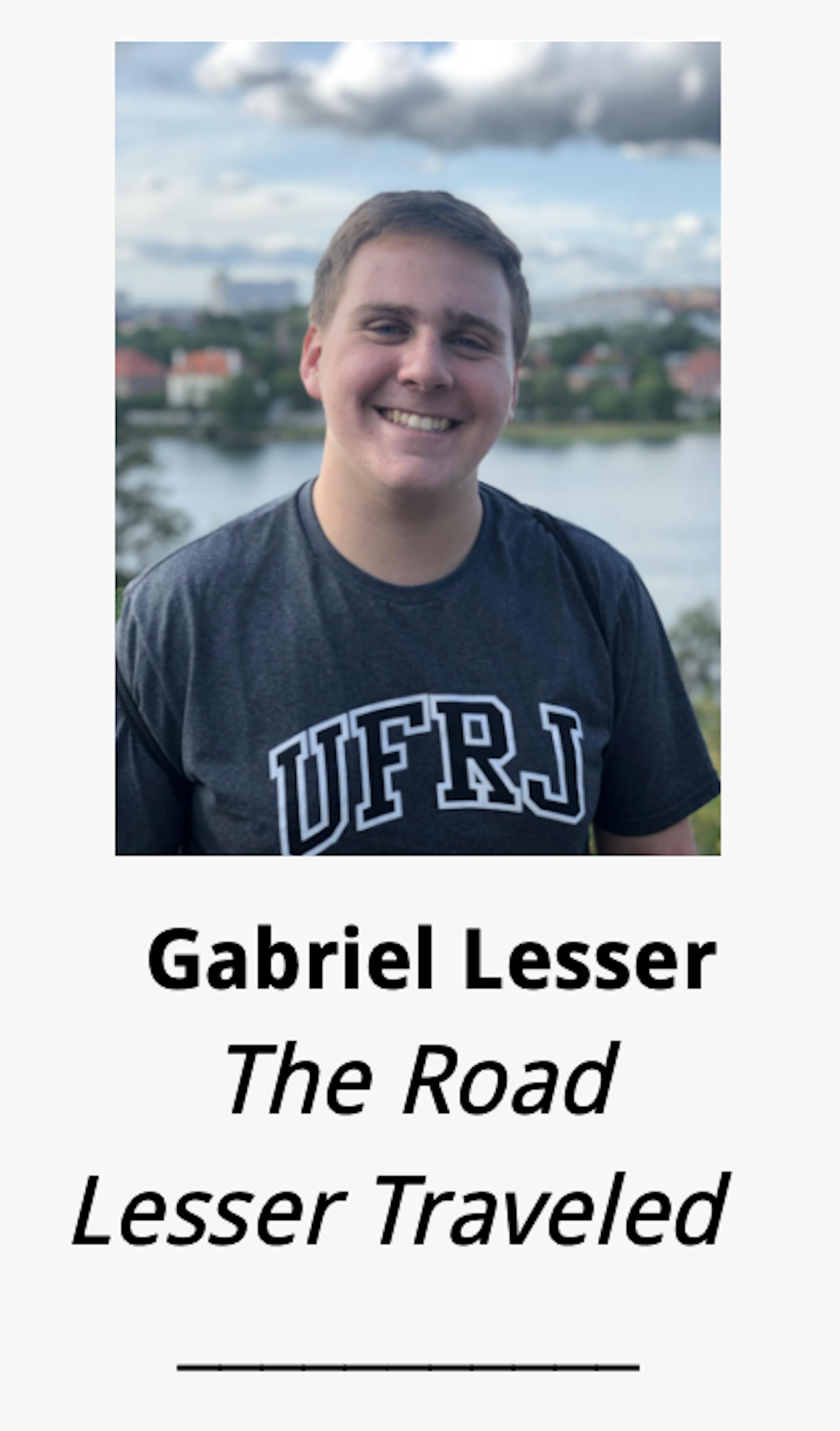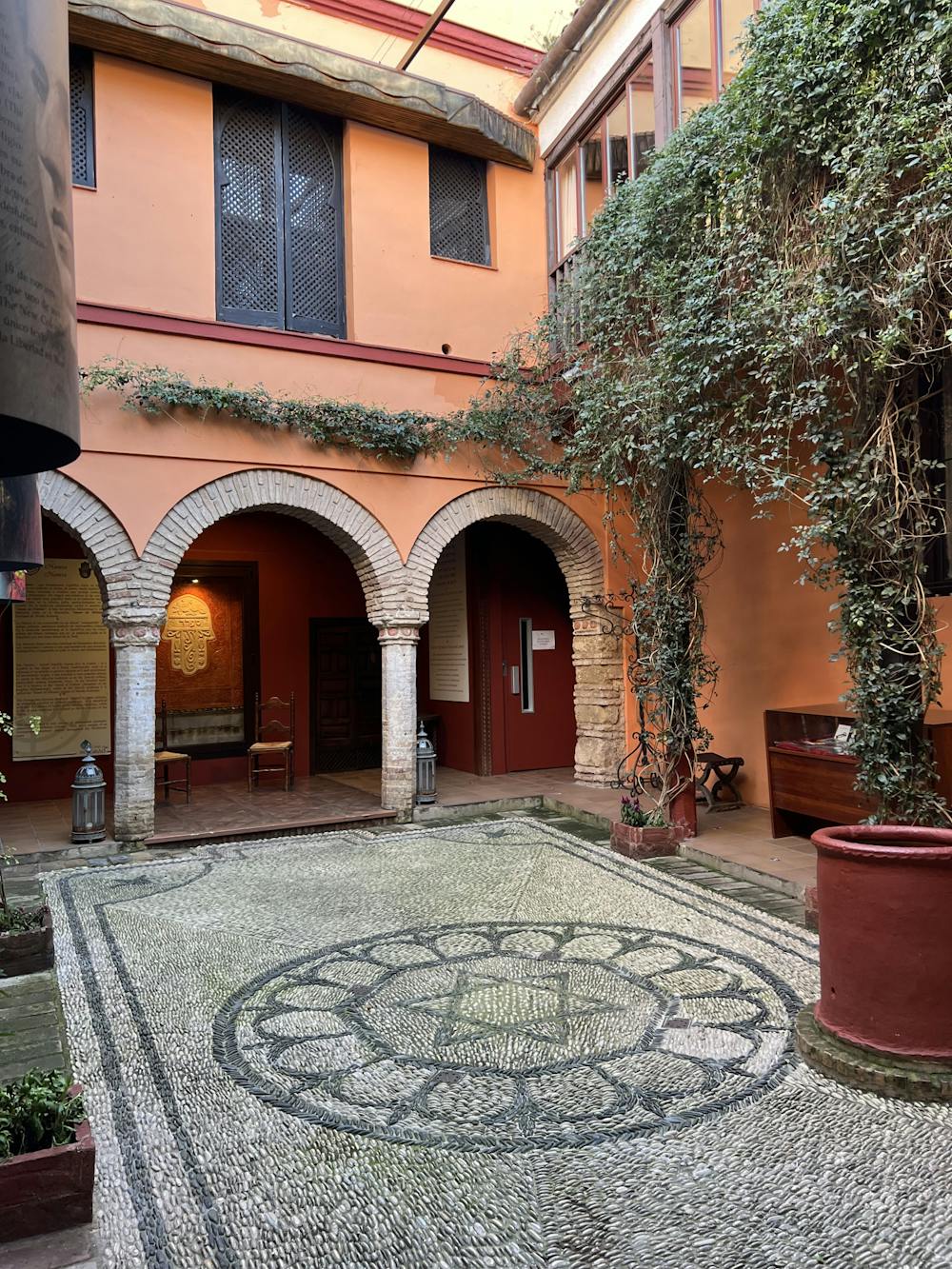
Growing up, I used to feel anxious before the Jewish holiday of Yom Kippur. The thought of spending hours at my synagogue on an empty stomach made me feel uneasy, and I always found the holiday to be a lengthy challenge that I just had to push through without question.
For context, Yom Kippur is the holiest day of the Jewish calendar, during a period of time called the High Holidays. It’s the Day of Atonement, where Jewish people pray to be sealed in the Book of Life and repent for their sins through a 25-hour fast.
The Jewish High Holidays — which begin with Rosh Hashanah, the Jewish New Year, and conclude with Yom Kippur — are an important time to spend with your community to both rejoice and reflect on the past year and the year ahead.
Nevertheless, I realize that this time was always something that I took for granted, assuming that I’d be with my family and friends to commemorate the holidays.
Last year, I spent the Jewish High Holidays feeling lonely. I was studying abroad in Sevilla, Spain at the time, and I was not surrounded by much of a Jewish community, let alone people who knew a lot about Jewish customs or holidays. On Rosh Hashanah, I FaceTimed into my parent’s dinners, and on Yom Kippur, I live-streamed my home synagogue’s services. I don’t think I truly understood how important the sense of community during this time was to me until I was all alone and didn’t have anyone to share my experiences with.
Ironically, being in an environment with so few Jews made me even more eager to express my Jewish identity. During that semester, I sought out to learn more about the rich Jewish history of the city, exploring the remnants of the old Jewish quarter and writing my final research project about the history of the Jews there. I reveled in every detail, excitedly FaceTiming my parents and grandparents every time I learned a new fun fact about Spanish Jewry. I even connected myself with the small, but sweet Jewish community in Sevilla and attended their Hanukkah holiday events at the end of my semester.
As I returned to Baltimore, I continued to think about who I am and where I am in life, specifically thinking about my identity. I’m a Brazilian-American Jew. Yet, long before my family was ever American or Brazilian, they were Jewish. My Jewish identity is the key element that connects me to my ancestors in a way that nothing else does.
Whether that connection is religious or cultural, my Jewish identity connects me to my values, my family’s customs and my identity. Thinking specifically about Yom Kippur, I now realize that the most important part is not fasting, rather it is reflection. At the end of the day, not everyone is able to fast, and the true meaning of the holiday goes far beyond that.
Yom Kippur calls on us to think about our actions and to remember our loved ones, while also staying true to ourselves. That’s what I find so beautiful about the holiday; each person can choose their own path of reflection.
For me, the day is about reflecting on who I have been this past year, who I want to be in the upcoming year and what energy I want to bring into my relationships with others. It’s about letting go of my mistakes and starting over with a clean slate, but it’s also realizing that part of being human is making mistakes and learning from them. Ultimately, we have to learn to forgive ourselves while also striving to be better.
This year, I really enjoyed commemorating the High Holidays on campus with the Hopkins Hillel community. I was able to reflect alongside my friends and I truly felt so supported. I now appreciate Yom Kippur as an important pause to the hustle and bustle of our daily lives. It gives me time to check in on my community, my friends and family and to reflect on who I am, while also appreciating the presence of the people around me and feeling grateful for their support.
My Jewish identity is something that I’ve really learned to value throughout college, and I’m so glad. It’s how I stay connected to loved ones and continue their legacy. I wouldn’t have it any other way.
Gabriel Lesser is a senior from Westchester, N.Y. studying Neuroscience and Romance Languages. His column explores his memories along with his current reflections and the lessons that he has learned.





